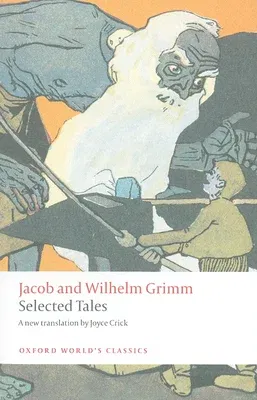The tales gathered by the Grimm brothers are at once familiar,
fantastic, and frightening. They seem to belong to no time, or to some
distant feudal age of fairytale imagining. Grand palaces, humble
cottages, and the forest full of menace are their settings; and they are
peopled by kings and princesses, witches and robbers, millers and golden
birds, stepmothers and talking frogs.
Regarded from their inception either as simple nursery stories or as raw
material for the folklorist, the tales were in fact compositions,
collected from literate tellers and shaped into a distinctive kind of
literature. This new translation mirrors the apparent artlessness of the
Grimms, and fully represents the range of less well-known fables,
morality tales, and comic stories as well as the classic tales. It takes
the stories back to their roots in German Romanticism and includes
variant stories and tales that were deemed unsuitable for children. In
her fascinating Introduction, Joyce Crick explores their origins, and
their literary evolution at the hands of the Grimms.
About the Series: For over 100 years Oxford World's Classics has
made available the broadest spectrum of literature from around the
globe. Each affordable volume reflects Oxford's commitment to
scholarship, providing the most accurate text plus a wealth of other
valuable features, including expert introductions by leading
authorities, voluminous notes to clarify the text, up-to-date
bibliographies for further study, and much more.

